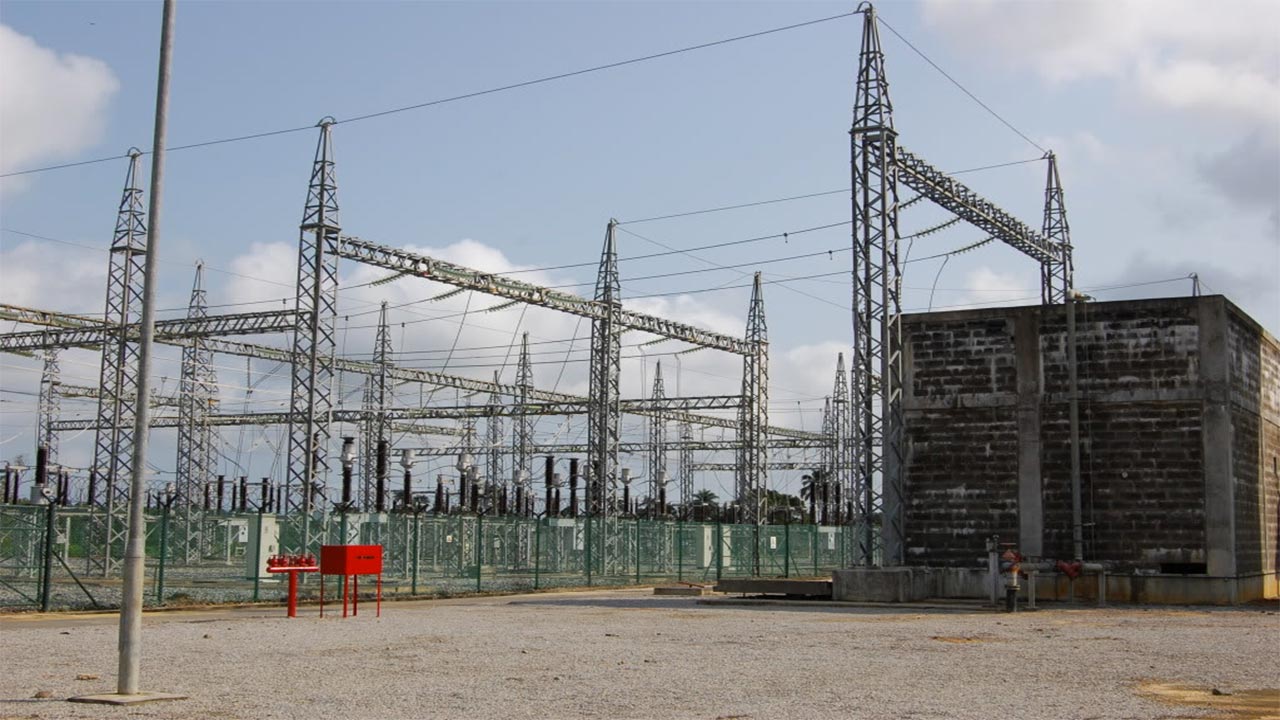The Nigerian Electricity Regulatory Commission has revealed that the Federal Government spent N540bn subsidising electricity in 2019, stressing the need to put an end to subsidy.
According to the commission, the amount spent on electricity subsidy should be channelled to other sectors of the economy such as health and education, and power users should learn to pay for what they consume.
The Vice-Chairman, NERC, Sanusi Garba, who doubles as a commissioner at the commission stated that this was why the commission had to provide service reflective tariffs.
He said the service reflective tariff, which took effect on September 1, 2020, before it was suspended for 14 days after an agreement between the Federal Government and labour unions, would ensure that customers of distribution companies pay for what they consume.
Garba said it was important for power users to make the right payments, instead of the government paying subsidy on electricity every year.
According to him, it is not in the best interest of Nigeria to continue shifting tariff review.
He said, “The time of the review has actually been shifted twice, in consideration of the exigencies that obstructed everybody, particularly the COVID-19 pandemic and other situations.
“But you cannot continue to defer the review indefinitely because you should look at electricity supply as a value chain.
“Generation companies are spending money to produce electricity and TCN (Transmission Company of Nigeria) is transmitting that electricity to the distribution companies.”
He added, “If you continue to suppress prices, somebody has to take a hard cut in terms of cost; somebody’s revenue will not be covered.
“Now what has been happening is that over the last few years, government had been subsidising rates paid by end-users significantly. In 2019, the subsidy was something in the region of N540bn that has been paid.”
READ ALSO: Discos follows NERC directive, suspends electricity tariffs
The NERC vice-chairman said some persons could argue that the government should continue to subsidise electricity, but stressed that this was not sustainable.
He said the commission would continue to work towards the sustainability of the power business in Nigeria, urging Nigerians to understand why it was necessary to end subsidy on electricity as well as review tariffs.
Garba said, “Yes, government can continue, as a policy, to subsidise, but the path to sustainability of this industry is an electricity market that is financially sustainable.
“Therefore, after the peak of the COVID-19 pandemic, it was considered appropriate to do what is right in terms of what is provided in the law and also what is in the methodology of the commission itself.”
According to him, electricity is a commodity somebody has to pay for and rates review cannot be postponed indefinitely.
Garba said, “If you continue to defer the rates review unless government has the resources to fill in the gap, the implication is that you will see service plummeting significantly.
“This is because at the end of the day, the generators will not be paid. And if the generation companies are not paid, it means that they will not be able to pay for gas. And so the 3,000 megawatts, 4,000MW and occasionally 5,000MW that we are getting now will significantly come down.”













